KOWIACHOBEE POTENTIAL VIOLATIONS OF BIG CAT PUBLIC SAFETY ACT
The Big Cat Public Safety Act clearly requires that in order for USDA Class C licensees to be exempt from the prohibition against owning big cats they must meet two requirements. One of those requirements is they may not allow public contact with big cats.
Kowiachobee Animal Preserve is a USDA licensee at 2861 4th Ave SE, Naples, FL 34117 operated by Jonathan Slaby. The screen shot below is from a TikTok video at the URL below showing this individual petting the lion through what appears to be an enlarged gap in the chain link created for this purpose. Her upper arm appears to be too wide in diameter to fit through the normal two inch chain link hole.
The date on the video post is 12/29/23
Per social media posts, the person in the video is a volunteer named Rebecca, NOT an exempt employee.
In addition, prior to this, on December 10, 2023, the Director of the facility Brandi Shane Verder escorted family members on a visit. One of the visitors was her stepfather Alan Schroeder. In a video posted online he placed his hand on the chain link fence and commented that the tiger’s nose was soft, clearly indicating contact.
By bringing a member of the public this close to the chain link fence and allowing the person to touch the cat the licensee failed to me both of the requirements imposed on USDA licensees as conditions of being exempt. Obviously this violates the requirement cited above against contact. But it also violates the requirement that the public be kept fifteen feet from the big cat unless it is behind a permanent barrier sufficient to prevent public contact. While in this case the cat is behind a permanent barrier, by allowing people to get close enough to put their hand on or through chain link, they failed to meet the test of a barrier sufficient to prevent public contact.
Waves of Wonder Montessori School’s Reckless Wildlife Show: A Call for Accountability and Education
On September 15, 2023, Waves of Wonder Montessori School in Naples, Florida, hosted Kowiachobee’s wild animal road show. Now, what’s truly shocking is that this event seems to directly contravene Florida Wildlife Commission (FWC) regulations.
Reports have been filed with the FWC multiple times, yet the Kowiachobee Animal Preserve persists in putting children dangerously close to wild animals. Simply drawing a line on the ground does not qualify as a safe barrier. The double layer of chain link has at least one larger hole cut in it, as you can see in the image where the man is leaning on the cage. Imagine a curious child running up to a cage, arms or fingers extended, completely unaware that they are facing a creature naturally designed to take down prey their size. It’s not just reckless—it’s a disaster waiting to happen.
The actions of Waves of Wonder Montessori School need to be called out for their irresponsibility and for the troubling message they send to kids—that it’s acceptable to treat wild animals as mere props for our amusement and ego.
Moreover, this lapse in judgment reveals a lack of basic research and due diligence. A simple Google search would have informed them of the FWC rules they were breaking, not to mention the ethical concerns of such an event.
We can’t afford to sit idle when wild animals are reduced to show-and-tell items, and our children are taught to view them as such. The school should be held accountable for this dangerous and disrespectful behavior.
As we continue to work towards a world where wild cats live freely in their natural habitats, let’s also strive to educate the next generation on the importance of coexisting respectfully with all living beings.
Contact: Waves of Wonder Montessori School 10904 Winterview Dr, Naples, FL 34109 (239) 566-9696 info@wowmontessori.org
Contact: FWC They make it as hard as possible to file a complaint
Florida Administrative Code 68A-6 says:
(b) Cages or enclosures housing captive wildlife shall be sufficiently strong to prevent escape and to protect the caged animal from injury, and shall be equipped with structural safety barriers to prevent any physical contact with the caged animal by the public, except for contacts as authorized under subsection 68A-6.016(1), F.A.C. Structural barriers may be constructed from materials such as fencing, moats, landscaping, or close-mesh wire, provided that materials used are safe and effective in preventing public contact.
This means that there has to be a secondary barricade between the public and the tiger that would prevent contact.
The Big Cat Public Safety Act state: …prohibiting public contact with big cats through the establishment of requirements that during public exhibition of a lion, tiger, leopard, snow leopard, jaguar, cougar, or any hybrid thereof, the animal is at least 15 feet from the public or behind a permanent barrier sufficient to prevent public contact (16 U.S.C. 3372(e)(2)(A)(ii));
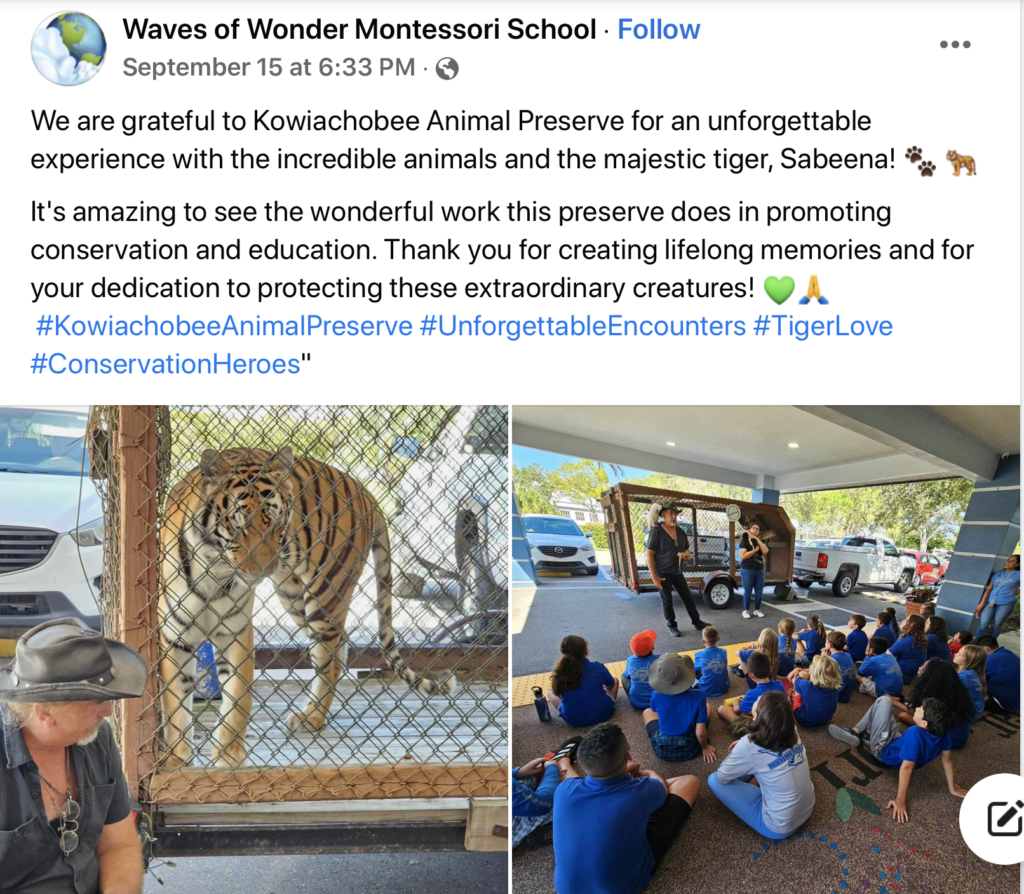
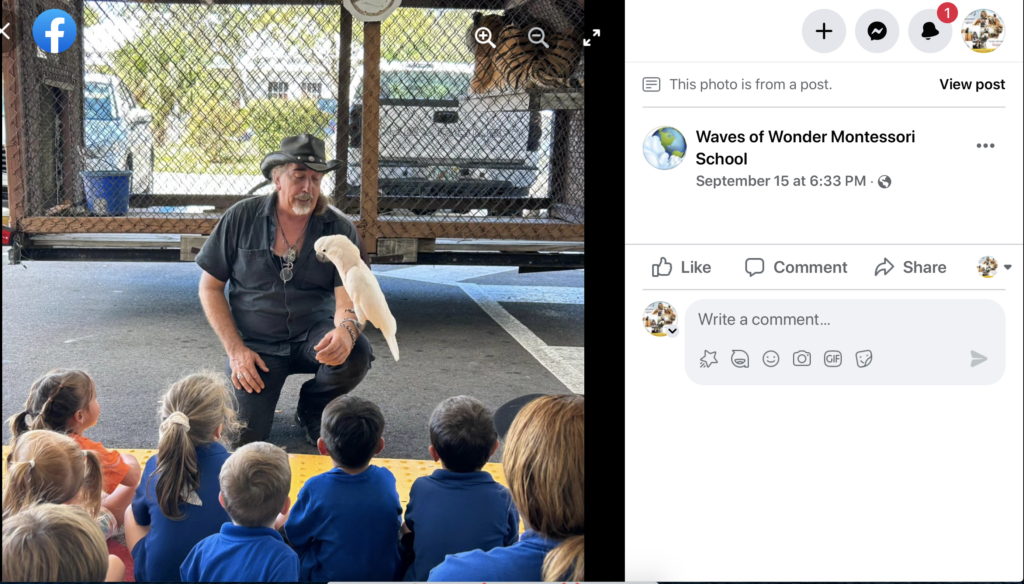
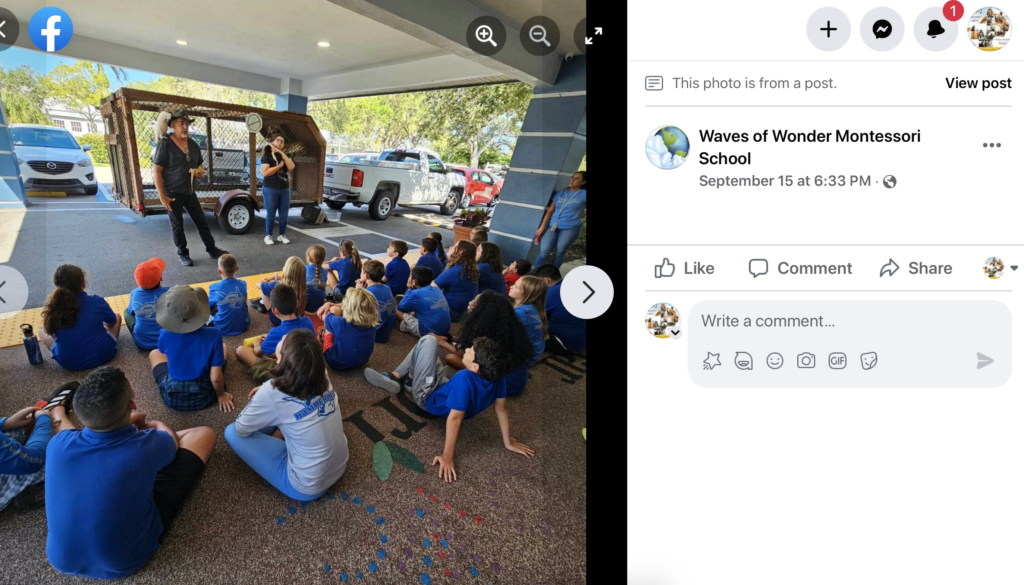
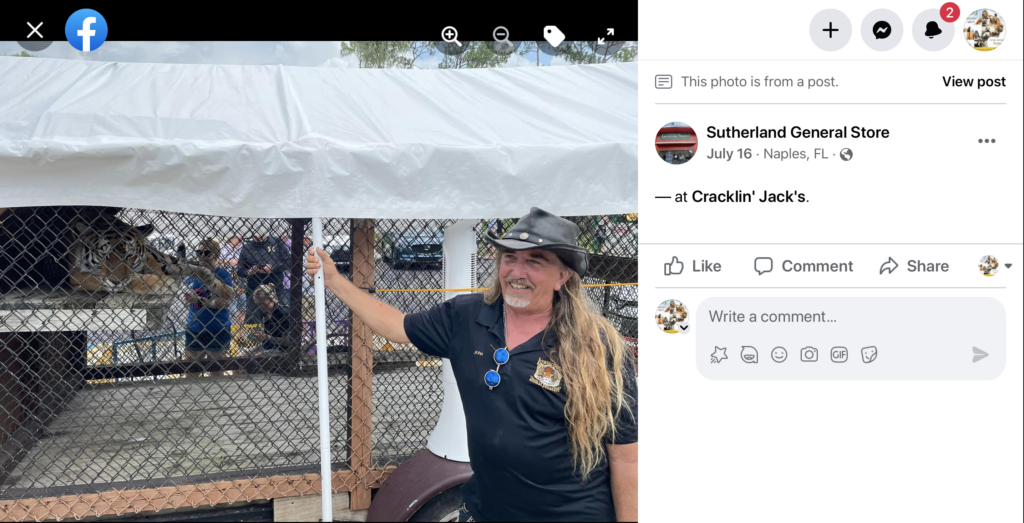
Even though Kowiachobee Animal Preserve has created two layers of chain link, you can see they have cut the links, to make big enough holes to push food (presumably) through. The guests on the far side of this cage are clearly not 15 feet away from the cat, as required by the Big Cat Public Safety Act.
Is the USDA Ignoring the Big Cat Public Safety Act? A Closer Look at Kowiachobee Animal Preserve’s Controversial License
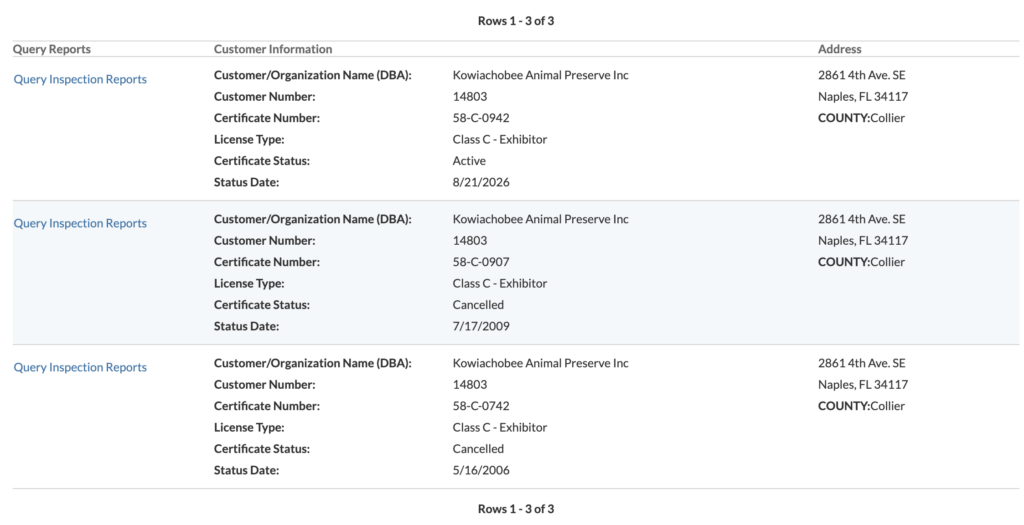
In a surprising move, the USDA announced on August 18, 2023, that it would issue a license to Kowiachobee Animal Preserve within 30 days. But wait a minute—doesn’t this contradict the Big Cat Public Safety Act that took effect on June 18, 2023?
Let’s break this down. The Big Cat Public Safety Act was designed to eliminate private ownership of big cats and enforce strict guidelines for sanctuaries. The criteria for being a “true sanctuary” include not buying, breeding, or selling big cats. Public contact and off-site exhibitions are also prohibited. Sounds good, right?
Well, here’s the catch. To be issued a USDA license, Kowiachobee Animal Preserve had to undergo a pre-inspection—twice. But even after approval, it’s worth noting that the USDA’s standards are, at best, bare minimums. The key here is that there is no way to bring a private owner into compliance with the Big Cat Public Safety Act just by issuing them a license after they are in violation of the federal law. So the big question is, why did the USDA and the Florida Fish and Wildlife Conservation Commission (FWC) decide to license this facility?
The timeline here is crucial. According to the Big Cat Public Safety Act, any facility that wasn’t USDA licensed by June 18, 2023, would be in violation of the law—unless it qualifies as a true sanctuary. With Kowiachobee Animal Preserve’s license announcement coming in August, it’s a bit like shutting the barn door after the horse has bolted. They were already operating without a USDA license when the Act went into effect.
Further, in the 2012 article below “Collier County code enforcers said the preserve generated too much traffic to comply with the county’s rules for home-based businesses.” and Florida law requires that in order to own a tiger, you have to be operating a business or a sanctuary. It appears that from May of 2012 through August of 2023 Kowiachobee Animal Preserve was neither, if they had to exhibit their big cats offsite in order to meet zoning requirements, which is not allowed under the definition of a sanctuary. Nonetheless, it appears that the FWC continued to renew their state license, year after year, and despite seemingly to be out of federal compliance, USDA stepped in, it would appear, to thwart the US Fish and Wildlife’s responsibility to confiscate privately owned pet tigers and other big cats after June 18, 2023. It is unclear, from the public record, how long Kowiachobee Animal Preserve may have been acting without a USDA license, since the last mention of one being cancelled was in 2009 and yet in 2023 they were undergoing a PRE license inspection.
So, we’re left to ponder why these authorities chose to not only overlook the apparent legal discrepancy but to continue endorsing behavior that’s clearly at odds with the new law.
It’s time for us to take action and demand accountability. Ask the USDA and FWC why they decided to grant this license and perpetuate this problematic behavior. Only by holding these organizations accountable can we ever hope to create a world where all wild cats live free.
We may be a voice for the voiceless, but our collective roar can bring about change.
2012 USDA Inspection Citations (4 violations)
2022 USDA Inspection Citations (3 violations)
2023 July 25 Inspection Citations (4 violations)
2023 August 17 Inspection Citations (1 violation)
2023 August 18 USDA Pre License Inspection
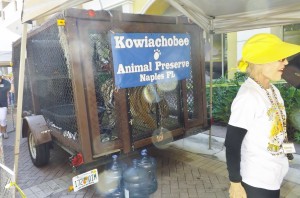
2012: GOLDEN GATE ESTATES — A Golden Gate Estates animal preserve already in trouble with Collier County code enforcers over zoning issues has been found out of compliance with federal animal welfare laws.
A routine inspection May 23 by the U.S. Department of Agriculture found the Kowiachobee Animal Preserve wasn’t following veterinarian instructions for the care of a lion cub and a tiger cub with a bone disease and fractures, and also wasn’t feeding the cubs an appropriate diet for their condition. Inspectors said there were inadequate barriers between the cubs and public at the preserve and at an exhibition at a business plaza.
Inspector Robert Botelho couldn’t be reached for comment Friday. USDA spokesman Dave Sacks couldn’t confirm whether the preserve had corrected the problems since May 23 or whether the preserve had been reinspected since then. Sacks said the preserve doesn’t face fines.
Kowiachobee manager John Slaby said the problems pointed out in the inspection report have been corrected and chalked up the findings to a “learning experience.”
“You’re always going to have some kind of concerns from USDA,” Slaby said.
Kowiachobee has stopped offering public tours of the preserve after Collier County code enforcers said the preserve generated too much traffic to comply with the county’s rules for home-based businesses. The preserve can keep its animals — more than 100 of them, from pigs to lions — but must exhibit them off-site.
Two of Kowiachobee’s denizens, a male tiger cub named Subaliczar and a male lion cub named Shaunbay, are the focus of the detailed, four-page USDA inspection report. Slaby said the two cubs, born in November and December last year, were bought and donated to the preserve.
In April, the cubs were found suffering from a bone disease that had left them with multiple leg and rib fractures. A veterinarian ordered they be put on full cage rest in a small dog kennel for the next few months and get a new diet.
But during the May 23 inspection, Botelho wrote, he saw the two cubs in Slaby’s living room with another lion cub nearby and found no evidence that they had been rechecked as ordered by the veterinarian.
The report indicates the cubs were put in their cages during the inspection, and the inspector gave Kowiachobee until June 7 to have the cubs rechecked by a veterinarian and put on a better diet.
Slaby said the diagnosis of bone disease “caught us off guard.” He said he has consulted with experts at the University of Miami and the University of Florida to find the right mix of food and supplements for the cubs.
“The cubs are fine right now,” Slaby said. “It’s actually a success story because we turned around what was going on with them. In this business, it’s always a learning experience.”
John Slaby and his wife Grace, the directors of the preserve, are in a battle with Collier County code enforcement over the zoning of the preserve’s property and whether they are allowed to continue to give tours to the public.
As for the handling of the cubs, the inspection report found that they weren’t being exhibited “with minimal risk of harm to the animal and to the public” as required by federal law.
The two cubs were walking freely around the preserve and people were petting them; the lion was on exhibit with a leash at a business plaza the week before the inspection, the report said.
The report also cites a news video that showed one handler sitting with the lion cub on a loose leash and a handler walking the lion cub with people nearby.
The lion wasn’t in “direct control” of the handler, as required by federal law, inspectors found. The lion and tiger — both more than 40 pounds in April — are strong and quick enough to lunge at people and injure them, the report said.
Inspectors also gave Kowiachobee until June 15 to fix “wide openings” under gates and barriers in front of the cages housing a cougar, leopard and jaguar.
Slaby said he takes public safety seriously: “It’s unforgivable for something to happen to the public. They have no expectation of danger.”
Sacks, with the USDA, characterized the noncompliance issues at Kowiachobee as “indirect,” which are less severe than other categories of noncompliance, but said the USDA “takes them all seriously.”
Bookkeeping oversights and enclosures in need of repair are typical USDA inspection findings, but the concerns about care of the cubs are more startling, said Nick Atwood, campaigns coordinator for the Animal Rights Foundation of Florida.
“I think they’re very serious,” Atwood said. “It didn’t seem like they took the necessary steps.”
http://www.marconews.com/news/2012/jul/15/usda-inspection-raised-animal-welfare-issues-at/


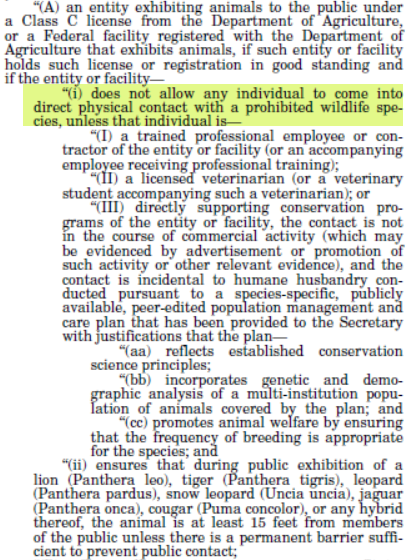
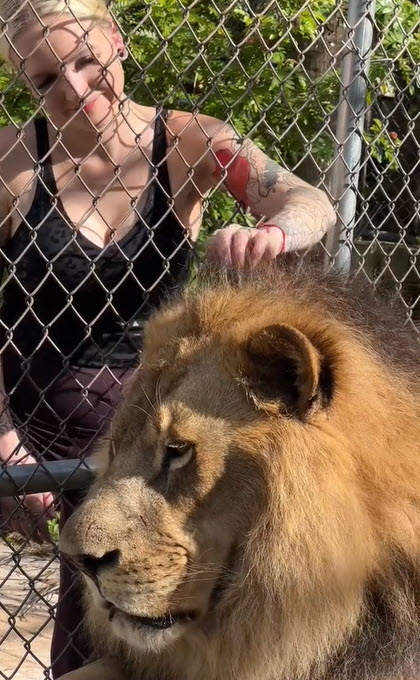
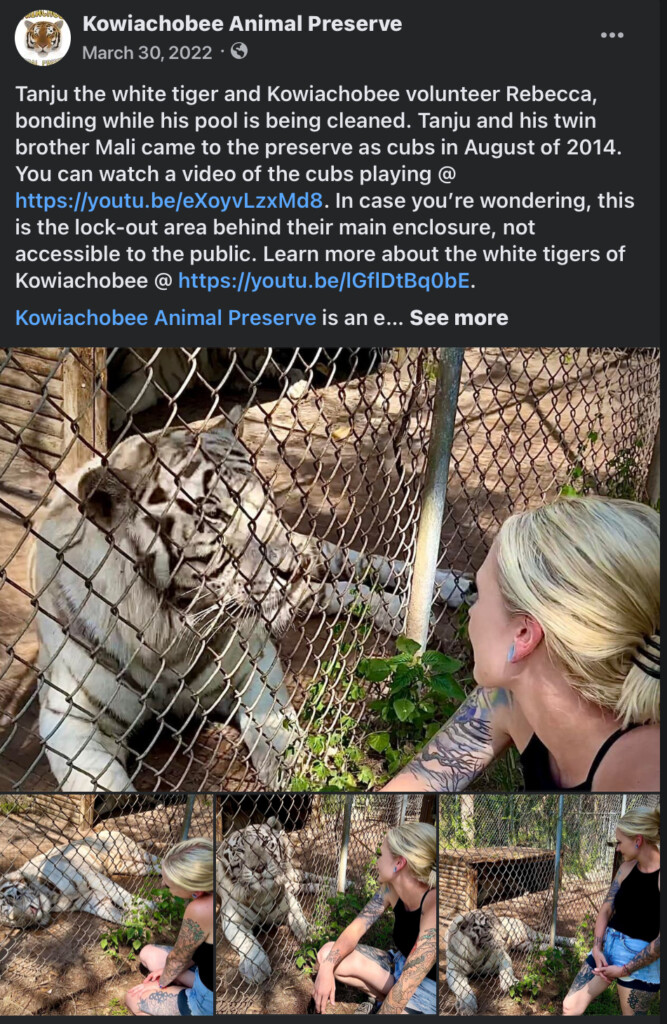
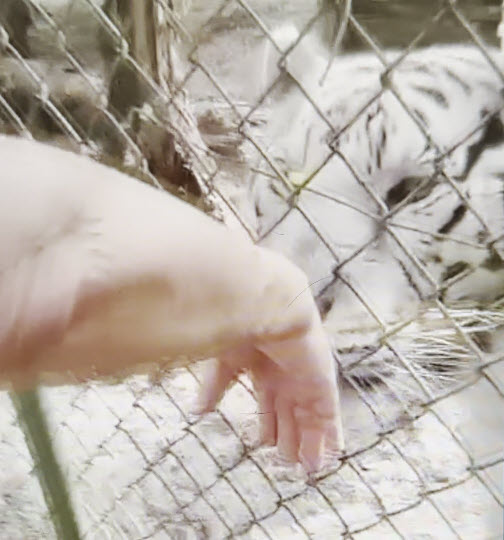

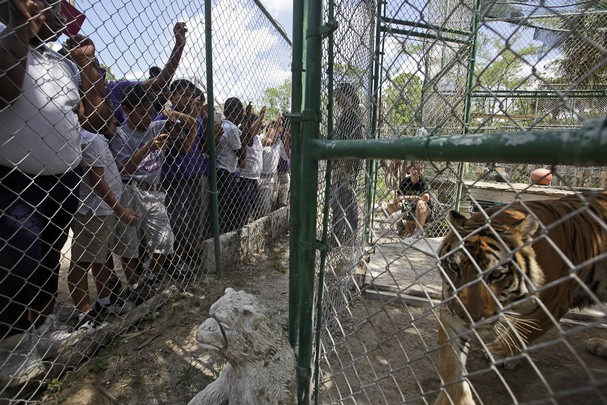
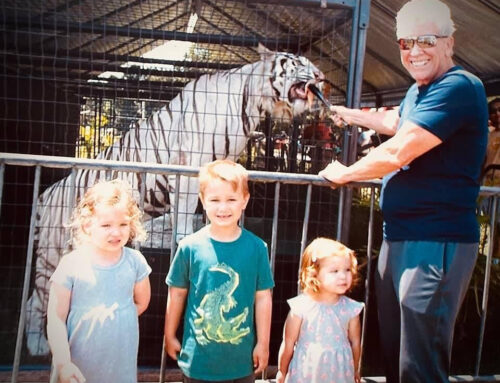
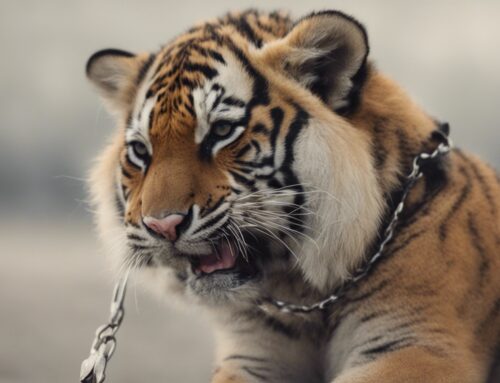

Leave A Comment
You must be logged in to post a comment.